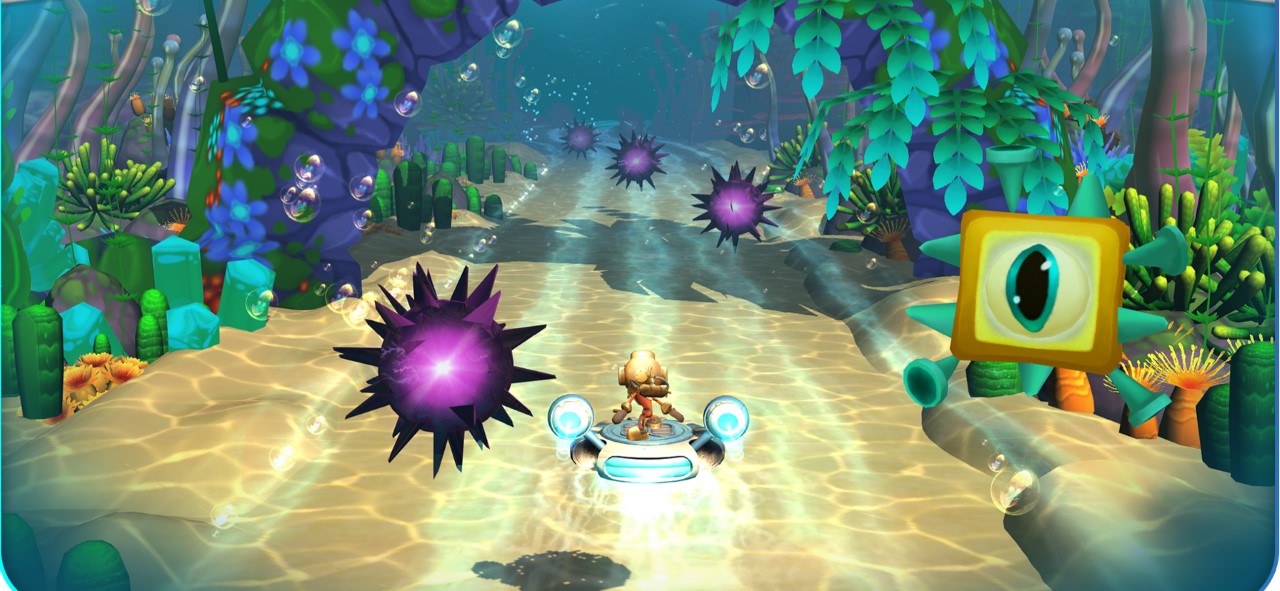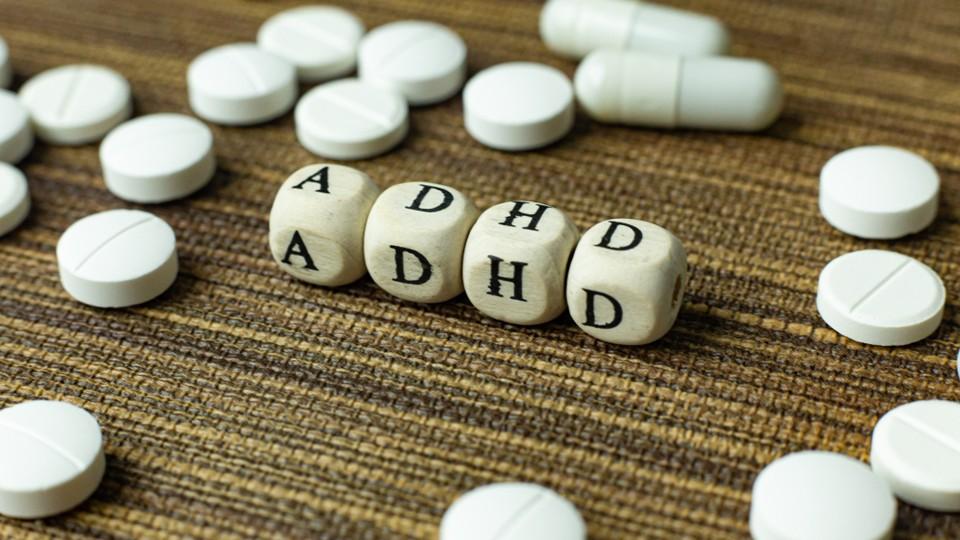Akili says ADHD game works in adults too

Akili Interactive has revealed the findings of a trial of its digital therapeutic (DTx) for attention-deficit hyperactivity disorder (ADHD) in adults, suggesting it may be more effective in this older age group.
The EndeavorRx video game-based app is already being used to manage ADHD in children aged between eight and 12, generating revenues for Akili of $323,000 last year, according to its first financial results since becoming a publicly-listed company in 2022. In the prior year, it made $186,000.
Unlocking the adult market for EndeavorRx could dramatically expand the eligible patient population for the DTx, particularly as there has been an explosion in diagnosis of ADHD in adults over the last few years, with a recent US study suggesting diagnosis rates have growing twice as quickly as in children, reaching a level of almost 1% of the population.
The new data comes from an unblinded clinical trial called STARS-ADHD-Adult, which involved 221 patients with combined or inattentive subtype ADHD who used EndeavorRx at home for six weeks on a mobile device.
The subjects could either be on or off stable ADHD medication, and their ADHD symptoms were assessed using rating scales at enrolment and at the end of the study.
According to Akili, attention improved 83% of the subjects using the TOVA-ACS scale – at least a 1.4-point improvement – and more than a third (36.6%) of participants no longer exhibited an attention deficit following treatment. Using that FDA-authorised scale, a score of 0 means no change, and a negative figure means ADHD got worse.
Overall, the change from baseline on the TOVA-ACS was 6.46 points, which Akili said was more than twice as large as the changes seen in its pivotal study in adolescents (2.64 points) reported in January, and almost seven times as large as the 0.93-point change recorded in its randomised, controlled STARS-ADHD trial in the eight to 12 age group, which led to FDA approval of the DTx.
EndeavorRx also generated positive results on the secondary outcome measure, the ADHD-RS, with almost 33% of subjects seeing a 30% reduction or better on total scores - once again beating the result seen in adolescents (27.1%) and younger children (24%).
Nearly three-quarters (72.5%) of adults reported at least some improvement in their quality of life, as measured by the validated Adult ADHD Quality of Life Scale (AAQoL), added the company.
The results have come months earlier than expected, from a study population smaller than was originally planned. Akili said it would present the full data at a future scientific conference and plans to file for FDA approval of EndeavorRx use in adults later this year.
Earlier this year, the digital health company said that approval in adolescents alone would double its addressable market, whilst acknowledging that reimbursement coverage for EndeavorRx – which costs $450 for a course – remained patchy in the US.
Many families that have children with ADHD are prepared to pay out-of-pocket for the course, particularly if they are concerned about the use of medication and its side effects.
Approval in the adult category could unlock a population with the spending power to bypass the reimbursement problem, which is still one of the top challenges facing digital health companies at the moment.
Akili has put work on other DTx products on the back burner to focus on ADHD, part of an exercise to conserve cash while it builds the market for EndeavorRx that accompanied a 30% reduction in its headcount.
It ended the last financial year with around $136 million in cash, enough to last it into 2025, while it attempts to extend the label for EndeavorRx.
It expects to burn $55 million to $60 million of that this year, and will need sales to ramp up if it is to avoid the challenges that have affected other companies in the DTx category – notably Pear Therapeutics, which recently filed for bankruptcy despite bringing three products to market.
“[This data comes] at a critical time when there is growing demand among adults with ADHD for safe, effective, and accessible non-drug treatments,” said Akili’s chief medical officer, Scott Kollins.
“It is increasingly recognised that current available options are not working, and/or are not available. We are deeply committed to getting this treatment to patients as quickly as possible,” he said.












